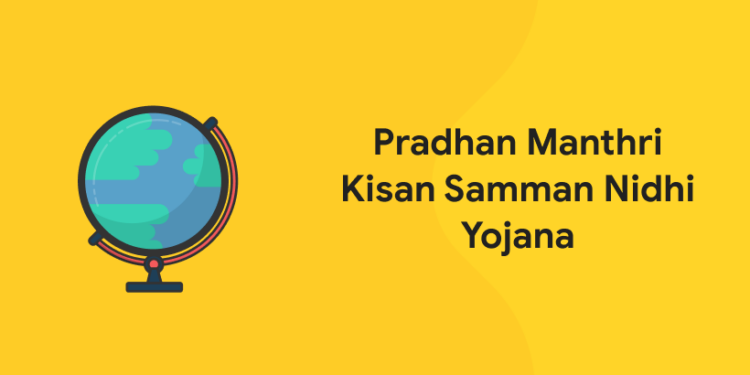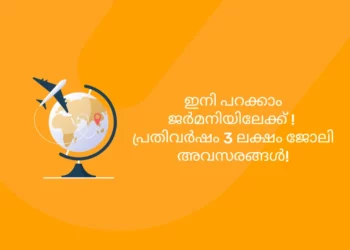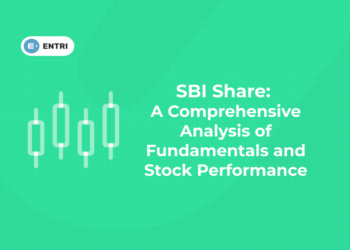Table of Contents
Pradhan Mantri Kisan Samman Nidhi is an initiative by the government of India to augment the income of small and marginal farmers. The PM Kisan scheme aims to provide financial support to the farmers to procure inputs required to ensure proper farming measures which in turn results in better yield. The initiative was announced during the 2019 Interim Union Budget on 1 February by Piyush Goyal. Hundreds of thousands of farmers have taken advantage of this scheme. ₹6000 per year will be paid to every eligible farmer in three instalments and will be deposited directly to their bank accounts. To avail this, farmers should register through the PM KISAN portal.
PM Kisan Yojana Overview
| Name of the Scheme | Pradhan Mantri Kisan Samman Nidhi Yojana |
| Launched by | Narendra Modi |
| Launched in | 2018 |
| Regulated by | Central Government of India |
| Beneficiaries | Small and marginal farmers |
| Annual benefit | ₹6000 |
| Number of instalments | 3 |
| Official website | pmkisan.gov.in pmkisan.nic.in |
PM Kisan Yojana is an initiative of the central government of India for providing funds for small and marginal farmers. With the support of the state governments and union territory administration, eligible farmers will be identified and they will be provided with an aid of ₹6000 every year. The payment will be done in three instalments. The fund will be directly transferred to the bank account of beneficiaries.
| AMOUNT | PAYMENT PERIOD |
| ₹2000 | April – July |
| ₹2000 | August – November |
| ₹2000 | December – March |
PM Kisan Beneficiary
1: Who was the first woman President of India?
- All farming families who own land can benefit from this yojana.
- The land owned by the farmer should be cultivable.
- All farmers irrespective of landholding are eligible.
- Farmers should have the necessary documents to prove the ownership of the land.
- Farmers should have aadhar card, bank account and mobile number.
How to Register in PM Kisan Samman Nidhi Yojana
- Go to www.pmkisan.gov.in.
- On the home page, click on the ‘Farmers Corner’.
- You will get the option for new farmer registration.
- Click on it to open the registration.
- Fill in all the details correctly and click on submit.
Steps to Check PM-KSNY Installment:
The transfer of the amount to the bank accounts of the beneficiaries can take a few days’ time. Meanwhile a farmer can check for the PM-KSNY instalment, status, list, etc on the official website.
- Go to the official website of the government – https://pmkisan.gov.in/.
- You can see ‘Farmer’s Corner ’ on the homepage.
- In this section select the ‘Beneficiary Status’ option.
- Then you have to select the state, district, sub-district, block and village from the drop-down list.
- Now enter your Aadhar Number or Account Number or Mobile Number.
- Then click on the ‘Get data’.
- This will have the farmer’s name and the amount sent to his bank account. The beneficiary can also check his or her application status here.
Problems Faced by PM Kisan Samman Nidhi Yojana
There are farmers awaiting their payment through the scheme for over an year. Out of the Rs 20,000 crore allocated in 2018-19, a payment of Rs 12000 crores is still pending. In addition, Rs 75000 crore allocated for financial year 2019-20 may not be fully utilized. Lack of database and difficulty in identifying the beneficiaries are the two factors affecting the proper allocation of funds.
Lack of Database
The scheme was announced in a hurry and the government did not have proper database of the farmers. It is also said that many states have delayed or have not yet submitted the data related to farmers.
Difficulty in Identifying the Beneficiaries
The agricultural census gives the number of landholdings in the country but this does not determine the number of farmers as there are multiple owners for several lands. This creates discrepancy in the number of beneficiaries.
There are also instances in which eligible farmers have been declared ineligible either by citing ‘Beneficiary is dead’ or ‘Beneficiary is an income tax payee’. Some farmers are also missing the benefits due to bank rejections and pending action from the state government.












